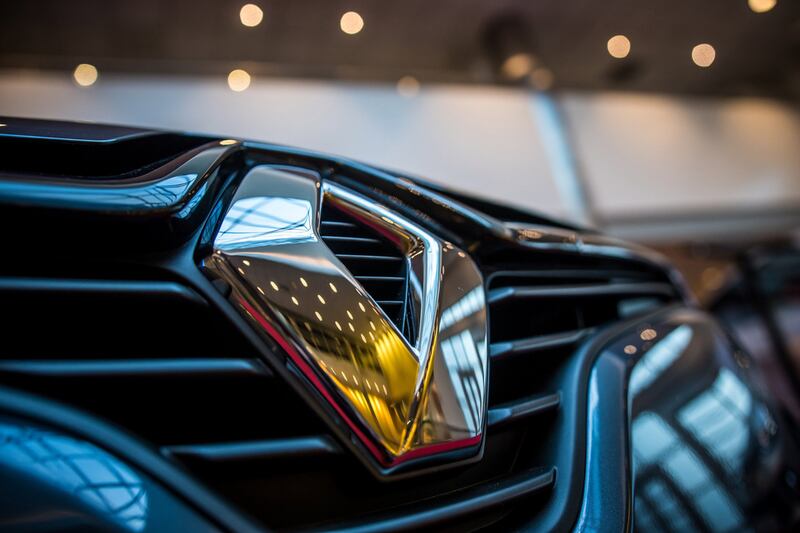15 minutes
Majid Al Futtaim Finance started issuing Najm Credit Cards inside Carrefour Hypermarkets this week. The new service, which claims to a first-of-its kind in a UAE retail outlet, allows potential cardholders to receive a new Najm credit card within 15 minutes of walking into a store. The process requires minimal paperwork and uses the UAE’s Smart Government initiatives, taking applicant’s information from their Emirates ID card.
Rich US retirees are hoarding cash
A new study finds many US retirees keep saving even after they’ve retired. The average American over the age of 60 cuts spending by 2.5 per cent per year, or about 20 per cent over a 10-year period, according to an analysis of University of Michigan survey data by financial planning software company United Income. As a result, millions of Americans are living too frugally, said Matt Fellowes, United Income’s chief executive. On average and adjusting for inflation, retirees are entering their 80s richer than they were in their 60s and 70s.
Renault offers entertainer vouchers
Renault Middle East said customers using its MyRenault App now have free access to more than 1,000 Entertainer “Buy One Get One Free” offers. The deals cover restaurants and fine dining, beauty and wellness, leisure activities, travels and hotel stays across the region. Local promotions includes stays at UAE hotels and leisure activities at Dubai Autodrome or The Dubai Mall Ice rink.
Quote:
How are parents supposed to work if they don’t have a safe and affordable place to leave their kids?
Sheryl Sandberg, Facebook's chief operating officer, on the need for corporate policies to benefit working parents
Swedish and Kiwi housing markets most at risk
The Swedish and New Zealand housing markets are the most at risk of a correction among the G10 economies, according to Goldman Sachs. In a report on house prices – those with the 10 most-traded currencies – Goldman finds they are most elevated in small, open economies such as the two.





